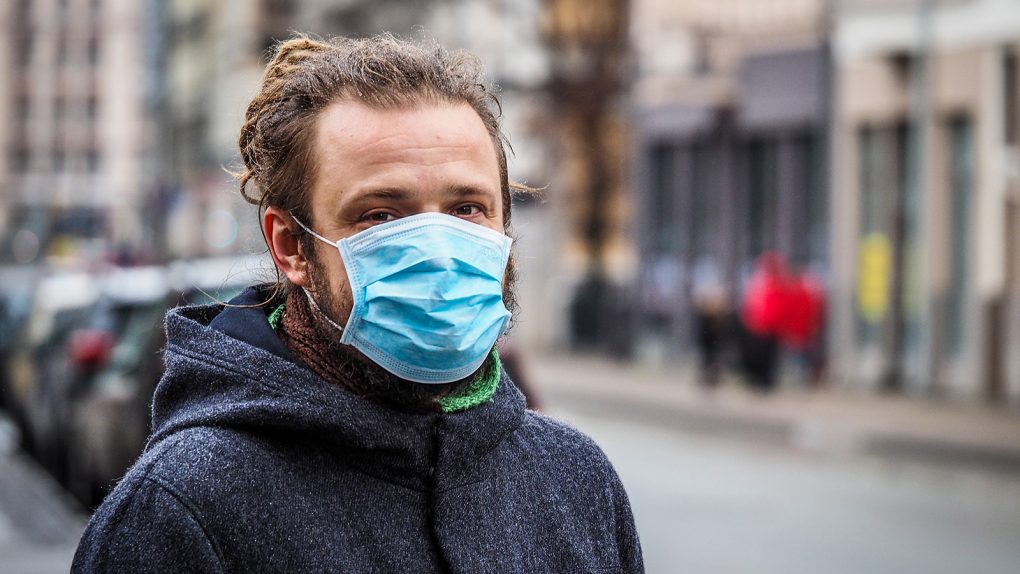- The number of coronavirus cases in Israel increased in the wake of the country easing restrictions on public transportation.
- Buses and trains tend to pack in riders closely together and can be a catalyst for widespread exposure.
The coronavirus pandemic is still ongoing, but the virus has seemingly started to subside in many areas across the country. This, coupled with the fact that many people are growing increasingly restless on quarantine, has prompted a number of states to loosen up coronavirus-related restrictions. Some states, for example, are now allowing non-essential businesses like barbershops to reopen.
In light of the above, some medical researchers have cautioned that reopening states up too soon could result in a second, and potentially more deadly, wave to emerge. Indeed, we’re already starting to see this play out in a few countries across the world.
Take Israel, for example. The government there responded aggressively to the coronavirus pandemic and swiftly implemented nationwide lockdowns and enforced curfews for non-essential workers. As a result, Israel was able to effectively prevent the coronavirus pandemic from spreading far and wide.
That being the case, the country recently started to loosen up existing restrictions regarding the operation of bars and restaurants. What’s more, the Health Ministry also eased restrictions with respect to public transportation. Buses, for example, are now allowed to run at 75% occupancy.
Public transportation, however, typically involves individuals sitting and standing in relatively close proximity to one another. Consequently, Israel’s decision to loosen public transportation safety measures led to an uptick in coronavirus cases, according to a recent report from YnetNews:
The Health Ministry posted the epidemiologic tracing of those confirmed to have contracted the virus on its website…
A confirmed carrier of COVID-19 traveled on Thursday from Ashdod to the Haredi city of Elad. Two other people who were exposed to the virus traveled on an inter-city bus from Tel Aviv to Netanya.
A day earlier, seven people who had since been confirmed to have the virus also traveled on public buses. Since Midnight on Saturday, 32 passengers using public buses, have tested positive with COVID-19, double the number of the day before.
Notably, the dangers associated with mass public transportation prompted the British Government to issue the following directive two weeks ago: “Consider all other forms of transport before using public transport.”
Israel’s experience underscores how important it is for people to adhere to social distancing guidelines and other safety precautions. While it’s only natural to assume that things are back to normal once previously closed establishments open back up for business, the coronavirus pandemic is far from conquered. Indeed, without a vaccine, some researchers have suggested the pandemic may linger on for as long as two years.
The good news, though, is that Dr. Anthony Fauci recently said that a second coronavirus wave isn’t necessarily an inevitability.
“We often talk about the possibility of a second wave, or of an outbreak when you reopen. We don’t have to accept that as an inevitability,” Fauci explained. “Particularly when people start thinking about the fall, I want people to really appreciate that it could happen, but it is not inevitable.”








